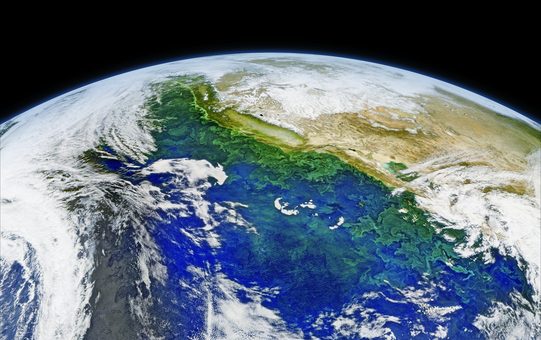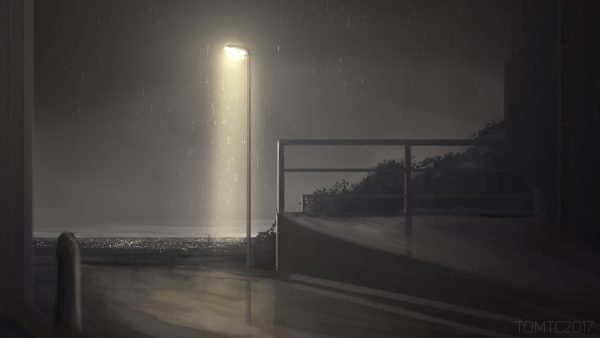Eco-Anxiety: What is it, and why does it affect Generation Z?
March 24, 2022
As climate change and global warming begins to steal the attention of the media worldwide, people have also begun to develop an extreme worry for the environment that begs the question; what comes next, and how do we deal with it? Well, the stress caused by the environment can be traced back to one term: eco-anxiety. Eco-anxiety is, essentially, a persistent or chronic fear of the future of Earth and the life that inhabits it due to the seemingly irreversible impact of climate change. Furthermore, what causes it, and why does Generation Z seem to take the biggest blow?
Take into consideration that about 83% of Gen Z Americans reported being concerned about the health of the planet, and also said that the quality of their environment affects their own mental well being. This sort of concern can be classified as a sort of anxiety, or, more specifically, eco-anxiety. Maybe it has to do with Gen Z being acutely aware of these issues, and also being impacted by them. After all, nearly two-thirds of Gen Z said that their generation takes climate change seriously.
Of course, professionals worldwide have begun to point out that eco-anxiety is a real and serious problem. Even the American Psychiatric Association has recognized that climate change is a growing threat to mental health. Additionally, therapists and other mental health professionals have begun to feel unequipped and unprepared because of this considerably new grievance.
So, if therapists don’t know how to help, who can you turn to? How do you deal with it? Coping with eco-anxiety can be a difficult task一one that requires more change in your own thought process than any other kind of anxiety一but it’s not impossible. Eco-anxiety can stem from a variety of different reasons and feelings, but regret for your own impact on the environment plays a large role in it. Feelings of guilt and shame of your own carbon footprint often goes hand in hand with the feeling of powerlessness when it comes to environmental change.
There are many ways that you can deal with eco-anxiety, though. The effects of this stress can be minimized like other anxiety disorders. By looking at the more positive side of any circumstance, and making an effort to be more optimistic about it, you may be able to change your outlook on the environment around you. On top of that, to reduce the feeling of guilt you may suffer from regarding your own impact on the world, you can turn to doing your own part in caring for the planet.
Being sustainable and promoting a sustainable lifestyle not only helps reduce the dread caused by eco-anxiety but also reduces your very own carbon footprint. Recycling, responsible consumption of products, and the reduction of plastic consumption can all play roles in helping shrink your impact on the environment.
Luckily, eco-anxiety has not sprouted in the minds of the younger generation for no reason. While climate change is indeed the reality we now live in, that certainly doesn’t mean that there is no way to reverse it, or slow it down. Climate problems have increasingly begun to make more and more people aware, and finally, people are beginning to take it seriously.













